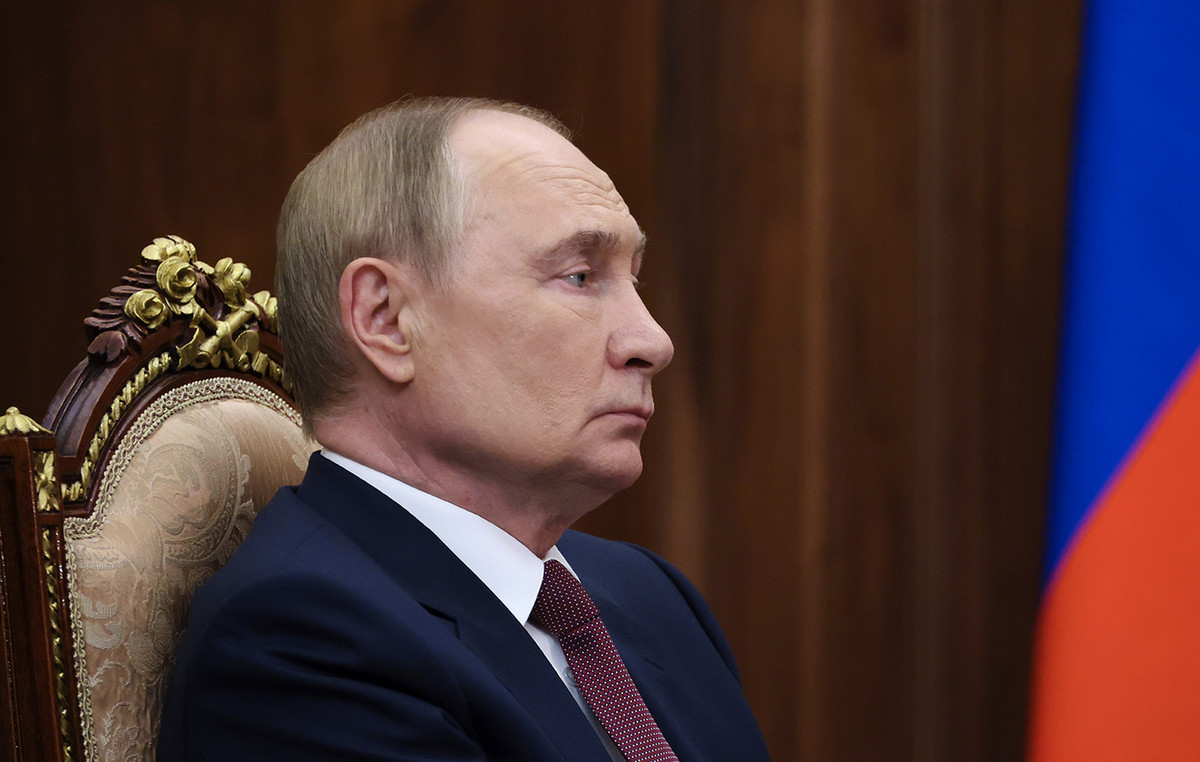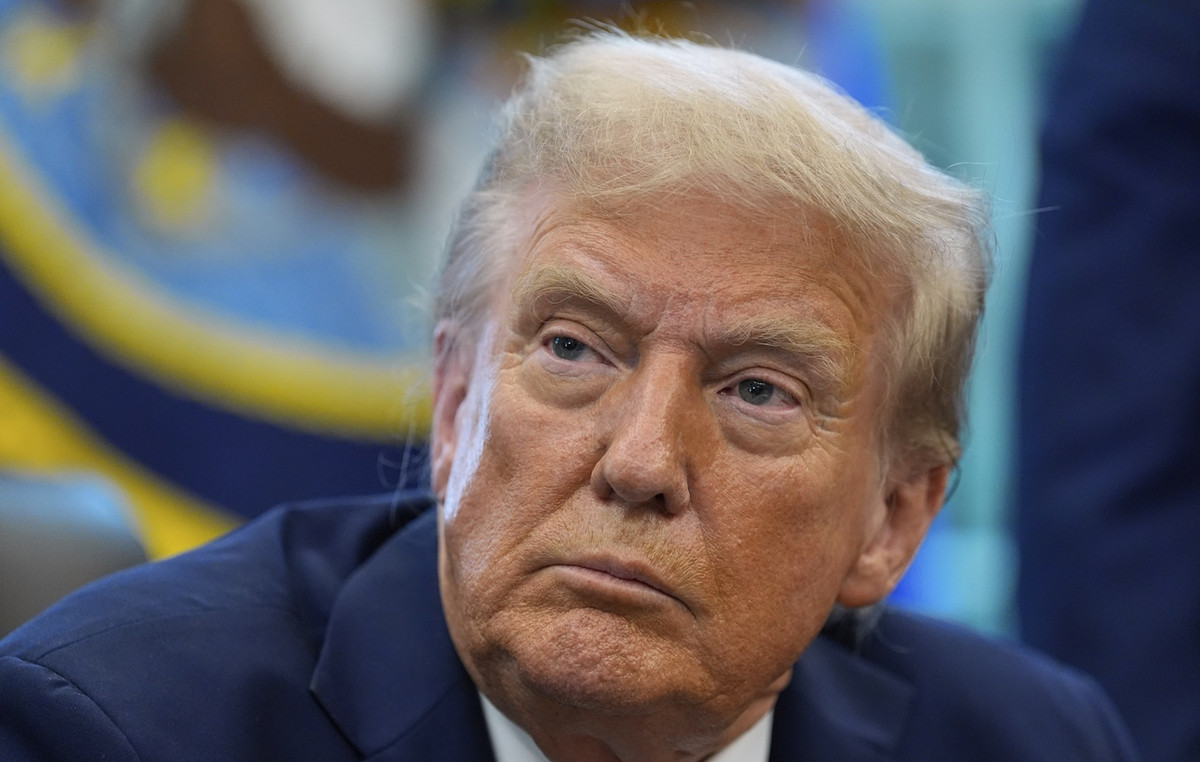Representatives of the states went to the Federal Supreme Court to reduce the ICMS levied on fuels, collective transport, electricity and telecommunications, through an agreement of the National Council for Finance Policy (Confaz). The proposed agreement is from the National Committee of Secretaries of Finance, Finance, Revenue or Taxation of the States and the Federal District (Comsefaz).
The Comsefaz proposal involves reducing, by the end of 2022, the calculation basis for operations with fuel, public transport, electricity and telecommunications, so that the effective tax burden corresponds to the application of the modal rate of each state.
In addition, the finance secretaries suggest the full compensation of the tax losses of the states with these new rules, through the transfer of resources from the Union or by reducing the debt of the federative entities with the federal government. This compensation will be carried out from a 5% trigger on the drop in collection.
The document sent by Comsefaz is signed by the group’s president, the Finance Secretary of Pernambuco, Décio Padilha.
The group also suggests that, in the case of electricity and telecommunications services, the criterion of essentiality of these services will only be given from 2024, as defined by the Federal Supreme Court in judgment of an appeal coming from Santa Catarina.
For Comsefaz, “this solution preserves the constitutional principle of separation of Powers by avoiding the possible supervening enactment of a law emanating from the Legislative Power to change the period for starting the validity of an understanding whose effects were modulated by the Judiciary in the seat of general repercussion” .
Regarding fuel rates, the committee positioned itself for the gradual reduction, as of 2023, of the rates applicable to diesel and LPG operations until reaching, in 2025, the modal rate of each state; and by the return of the current gasoline and alcohol taxation rules as of 2023.
According to Comsefaz, “this solution implies not recognizing the obligation of States to submit to the principle of selectivity in the structuring of ICMS legislation and, therefore, the non-imperiousness of adopting the criterion of essentiality in relation to the products mentioned in this item, in line with with what has been decided by this Court”.
The statement by the state finance secretaries was sent one day before the deadline established in a conciliation hearing held earlier this month by STF minister André Mendonça. On June 2, Mendonça brought together representatives of the federal government, the Legislature and the states to seek an agreed solution on the issue.
Mendonça is the rapporteur of an action that discusses the ICMS collection method. The federal government is looking for a way to lower fuel prices and is targeting ICMS, but states have been claiming that the tax is not the bad part of the price spike.
Source: CNN Brasil
I’m Susan Karen, a professional writer and editor at World Stock Market. I specialize in Entertainment news, writing stories that keep readers informed on all the latest developments in the industry. With over five years of experience in creating engaging content and copywriting for various media outlets, I have grown to become an invaluable asset to any team.







